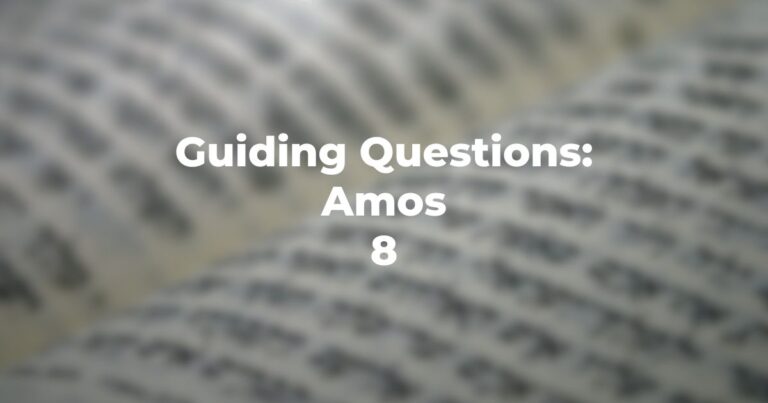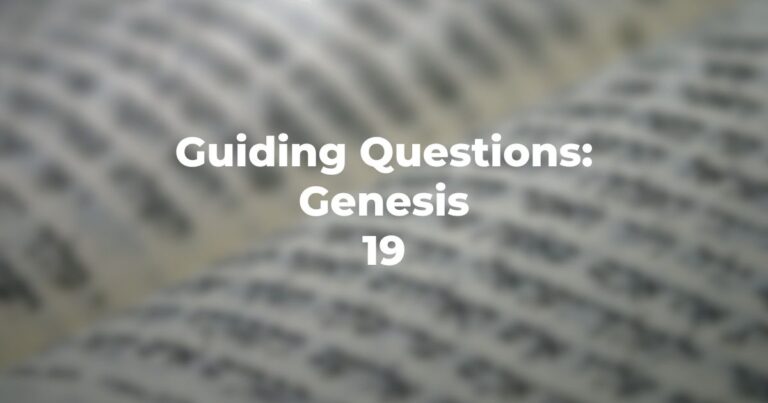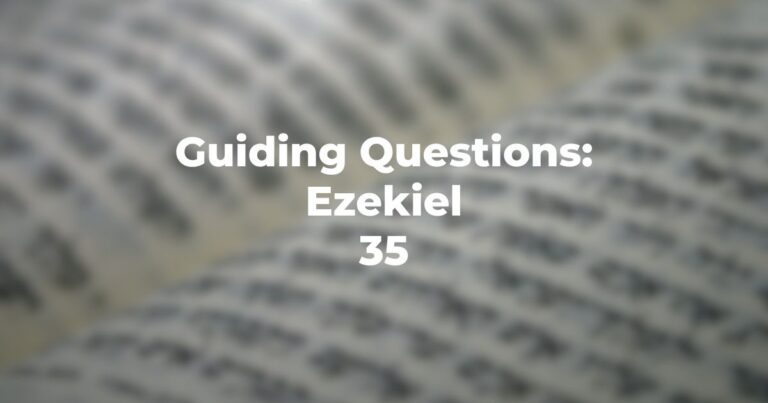- Is the Brit with the Patriachs now to be affirmed with all of their descendants?
- Who are the covenanters in this Brit?
- Are the freed men to be given identity via a “lifestyle?”
- Does freedom mean living by a “code?”
- Was leaving Egypt, then, not the “end”, but only the beginning?
- God has been known as the promiser and the guardian — and is God, then, the source of a “just code of conduct” and a “legislator?”
- Can the “code of conduct” be adopted in any way but by full group participation?
- What is the meaning of kedushah — is it a “holiness” (however defined) or a “difference and uniqueness?”
- Is the aspiration voiced here to be like everyone else or, precisely “other” and different?
- Is Divinity projected here as the element/force making for change?
- In depicting Divinity as “fire,” is the text implying that the Divine essence is constant but the form is in infinite modes?
Author
-

Exploring Judaism is the digital home for Conservative/Masorti Judaism, embracing the beauty and complexity of Judaism, and our personal search for meaning, learning, and connecting. Our goal is to create content based on three core framing: Meaning-Making (Why?), Practical Living (How?), and Explainers (What?).
View all posts





